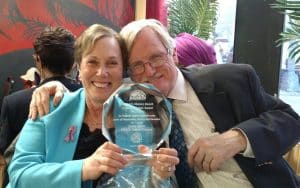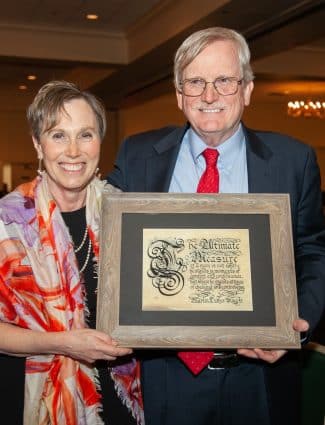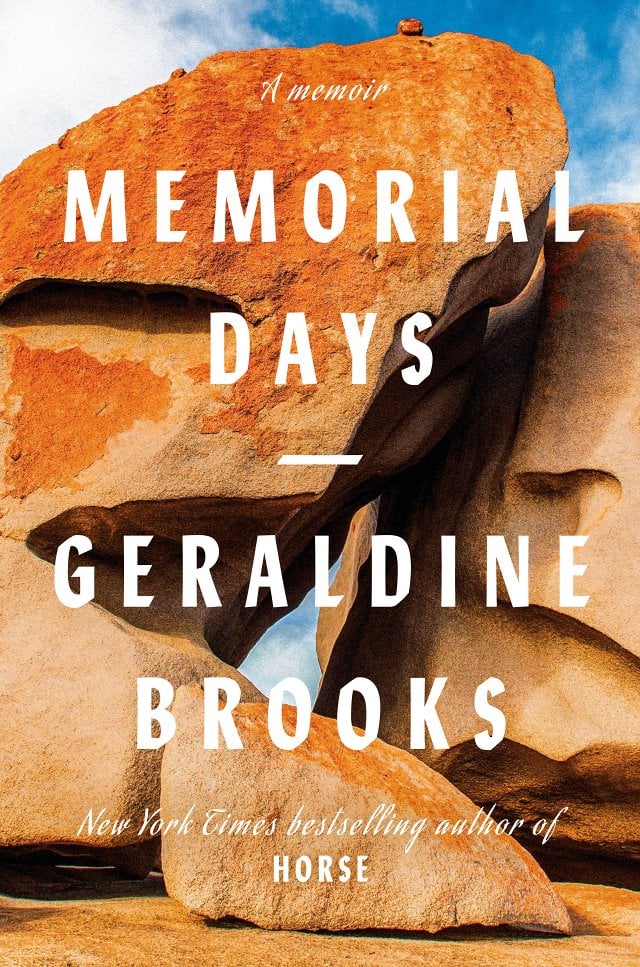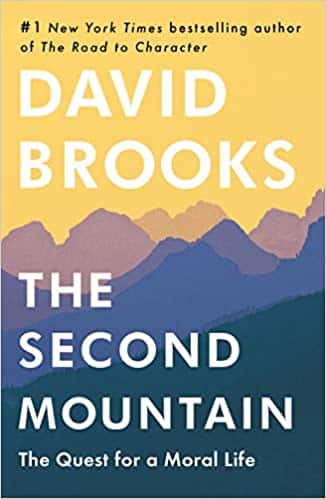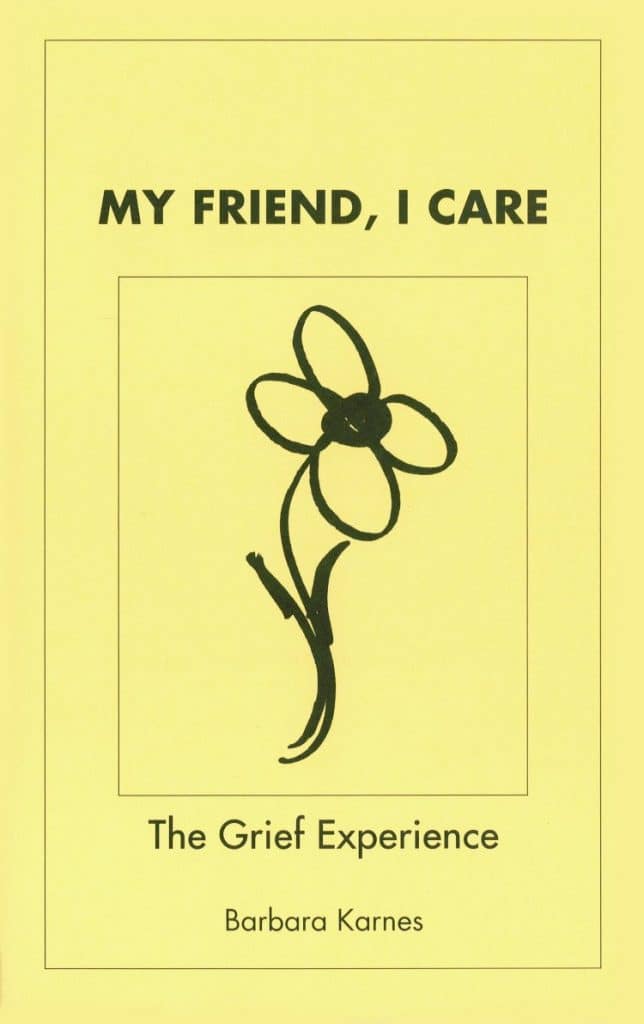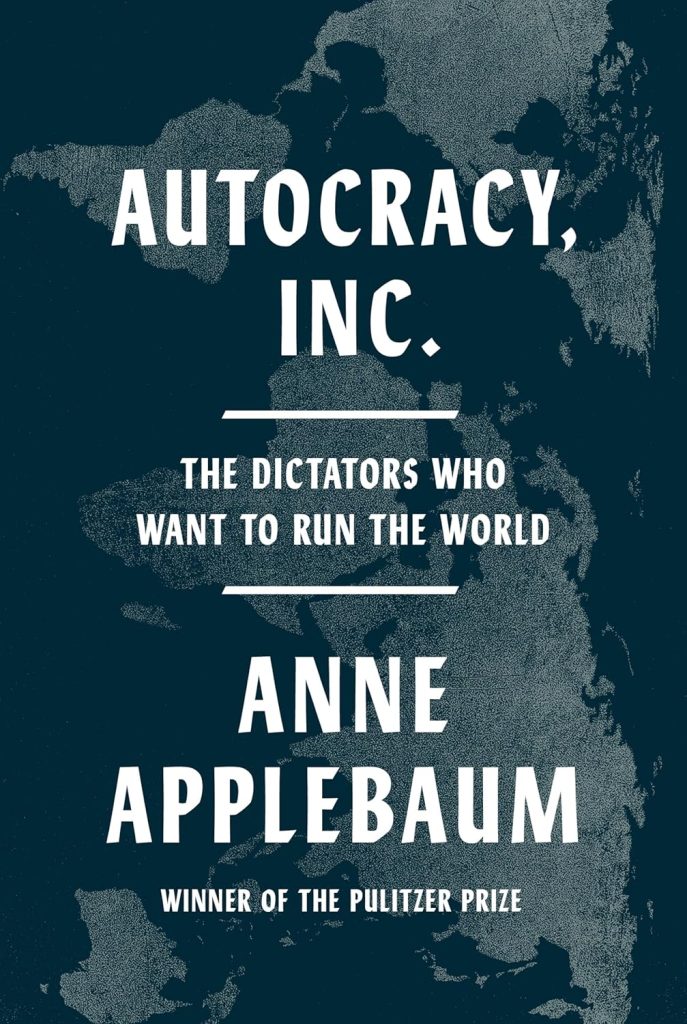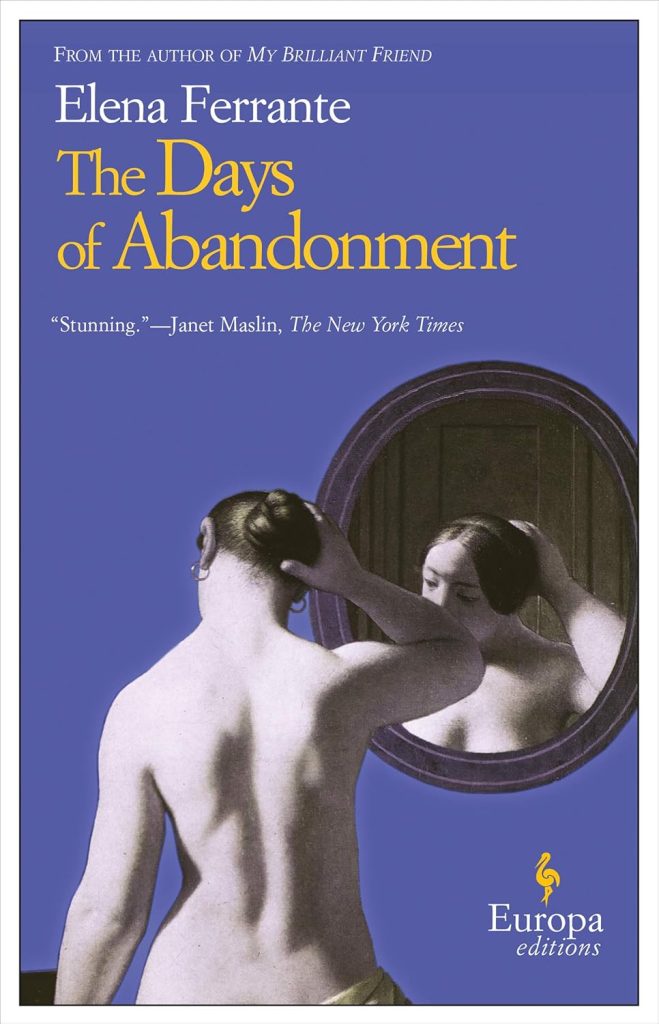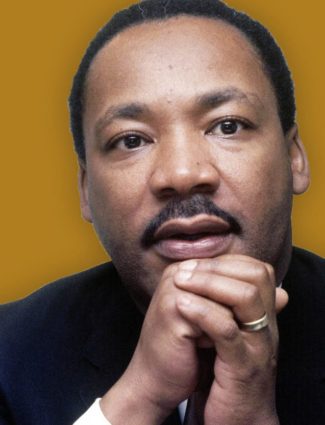
Our Collective Astigmatism
Estimated reading time: 1 minute, 47 secondsLast night, I attended the Cranford Community Rev. Dr. Martin Luther King, Jr. Birthday Commemoration.
The annual event, held this year at Cranford’s First Baptist Church, is one that Jan and I would attend together. Being back in person was, I thought, what would make the event inspiring.
Most years, the keynote speaker does an adequate job, but last night Rev. Dr. Randall M. Lassiter, the Pastor of Calvary Baptist Church in Paterson, set a new standard. Rev. Lassiter is also President of the NJ Convention of Progressive Baptists.
Like other great speakers, Rev. Lassiter’s speech rose to a crescendo that challenged the audience to confront their astigmatism so they could see our crisis.
Blurred vision keeps us from not on loving our neighbors but also our enemies. The time to confront the impediments that impede progress in our communities, state, and nation is now!
Walking home, I was inspired to do more to repair the world.
As I stood before the Starbucks on South Avenue and High Street, waiting for the light to change, I realized his message spoke to my grief journey.
Far too often, mourners’ eyes’ refractive powers are distorted.
We cannot see the road ahead because we look backward with blurred vision.
Instead of embracing those who ignore or hurt us intentionally or by their absence, we often push them away.
As much as I believe my vision has been clear, as the light changed and I walked across South Avenue, I accepted that I needed to redouble my efforts to love those who harmed me as much as those who helped me.
The Jan Lilien Education Fund sponsors ongoing sustainability and environmental awareness programs. Gifts made this month; I will match dollar-for-dollar. All donations are tax-deductible.
I receive a commission when you buy a book or product using a link on this page. Thank you for supporting Sharing Jan’s Love blog.



